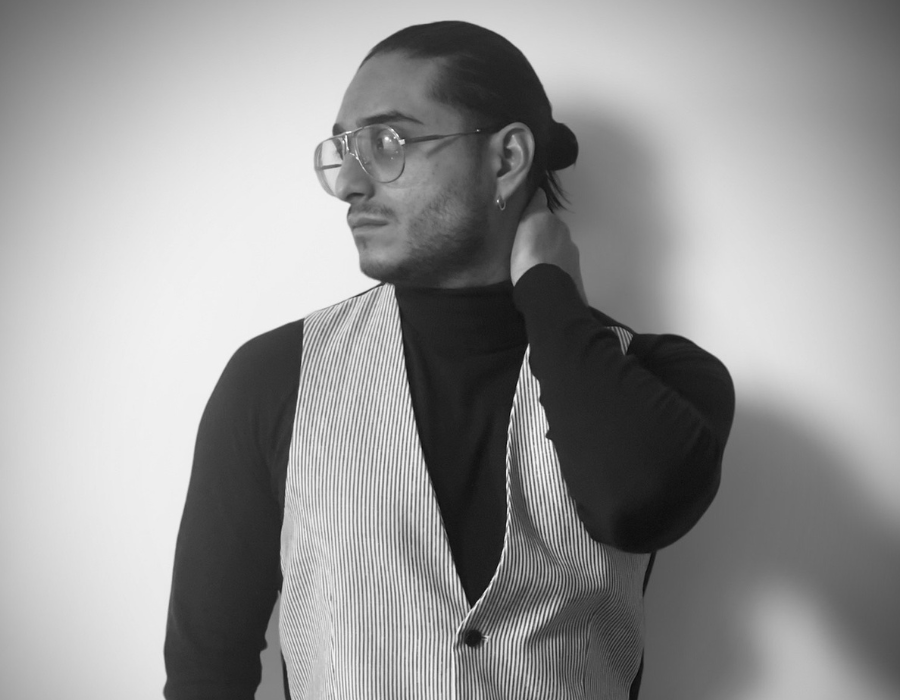Daniel Ferdorovsky
Daniel Ferdorovsky, born in Mexico City on
July 2nd, 1968, is a director and screenwriter who has made his entry into the
industry through his passion for cinema. With a brief career that includes two
short films, two music videos, and a medium-length film, during his filmmaker
training and shortly after graduating from film school at the Mexican
Association of Independent Filmmakers, he created his initial short films. He
has directed music videos, which have been recognized for their innovative
audiovisual narrative and their ability to merge music and cinematic
storytelling in a unique manner. His most recent work, "DO NOT
FORGET," has received over seven nominations, including Best Young
Director.
With a vision for storytelling through the lens of the camera, Daniel Ferdorovsky is rising in the Mexican film scene. His promising talent has positioned him in the industry, and it's anticipated that his creativity will continue to make an impact in the world of cinema.
Your project has entered our festival. What is your project about?
My project is participating in the category for best director under 25. "DO NOT FORGET" is a short film that revolves around the theme of grief, the loss of a child, and how this can lead to guilt and eventually depression. This film is about a father and a mother who lost their daughter in the student movement of October 2nd, 1968, in Mexico City, better known as the "Tlatelolco Massacre", where hundreds of students died fighting for their rights. The daughter, known as Luz Elena, was part of this movement, and it's also Luz Elena's birthday. Therefore, parents Enrique and María live with this tormenting pain every October 2nd due to the death of their daughter.
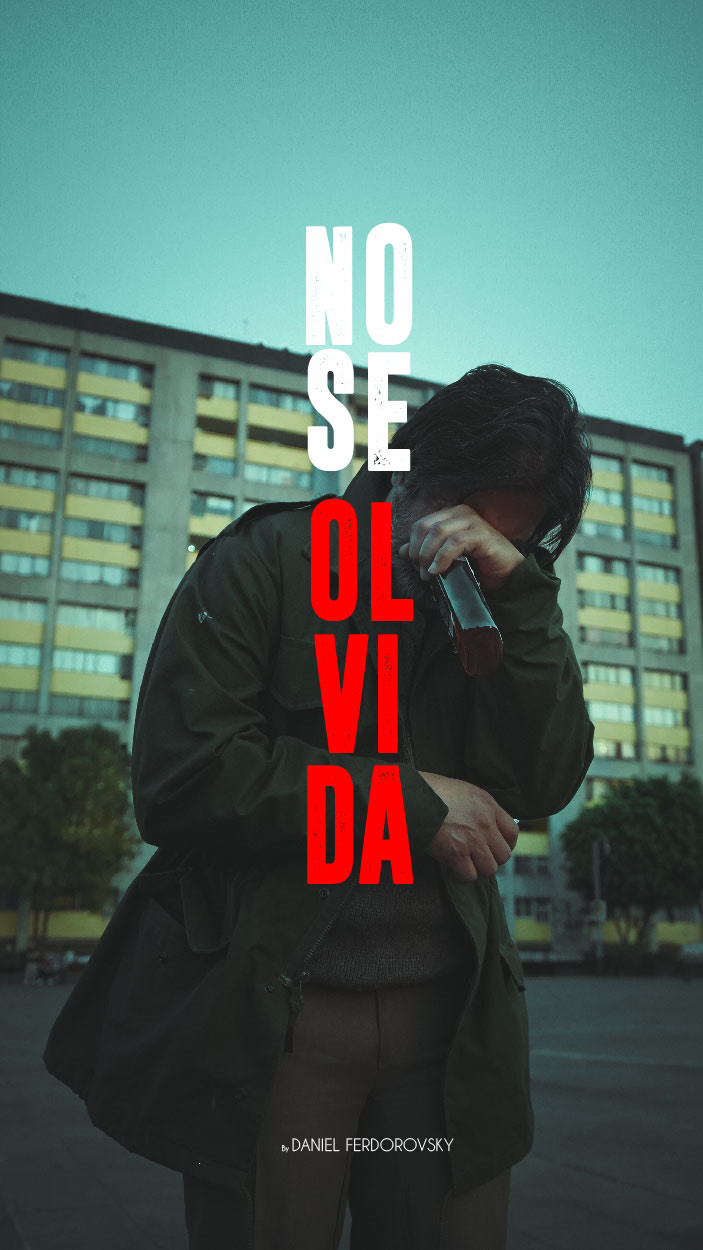
What are your ambitions with your project?
I made this short film with a lot of love, hoping and aspiring for it to reach millions of people and to be present in many festivals.
Tell us about your shooting. What pleasantly surprised you?
The most surprising aspect of this shooting was that it was caused by the government. The student movement had been ongoing for months, coinciding with the upcoming Olympics in Mexico. The president at that time, Gustavo Díaz Ordaz, sent military dressed as civilians to the march to initiate the massacre. The way I portrayed this shooting was through sound. Due to a limited budget, I opted to include ambient sounds of the shooting.
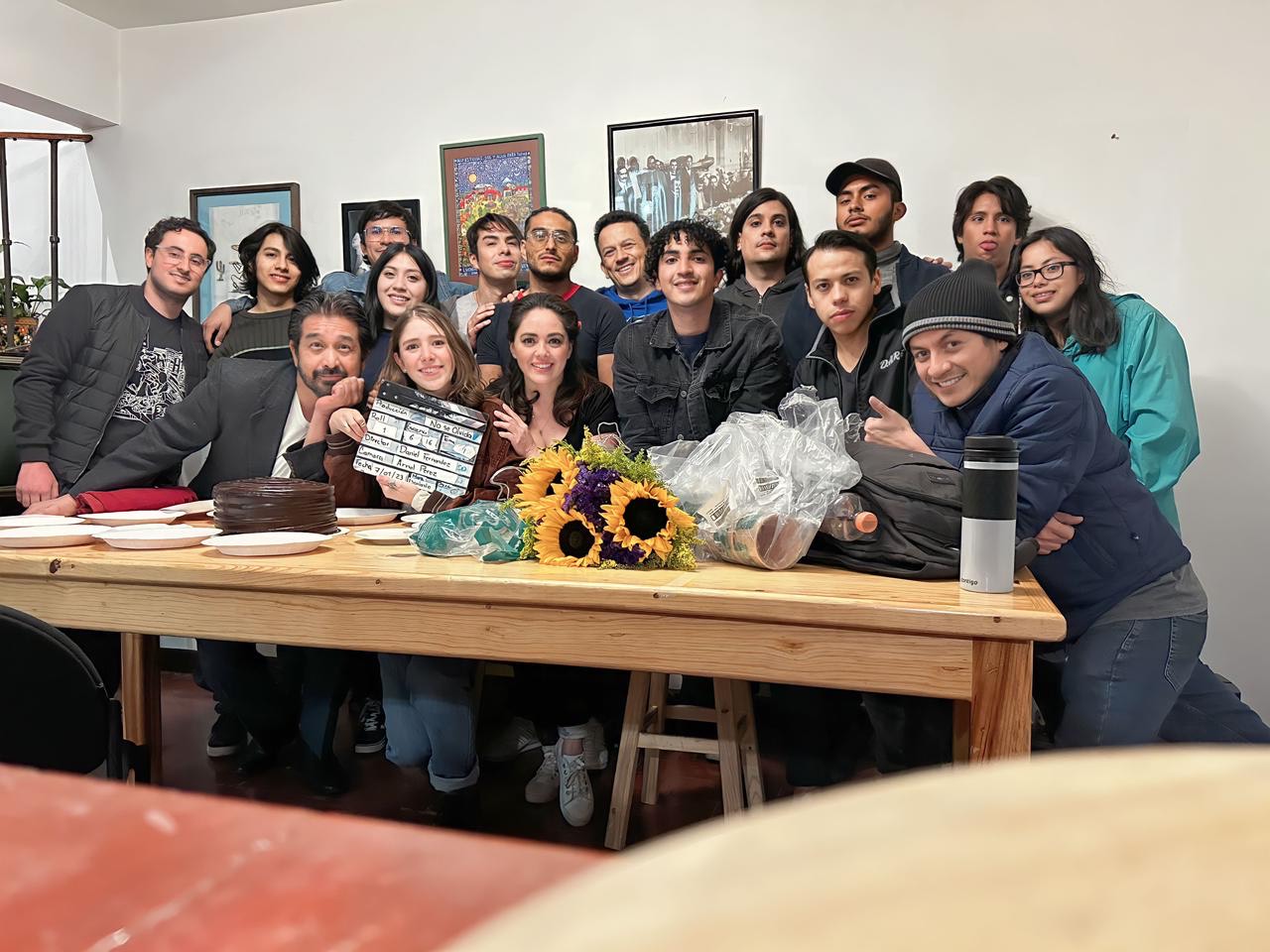
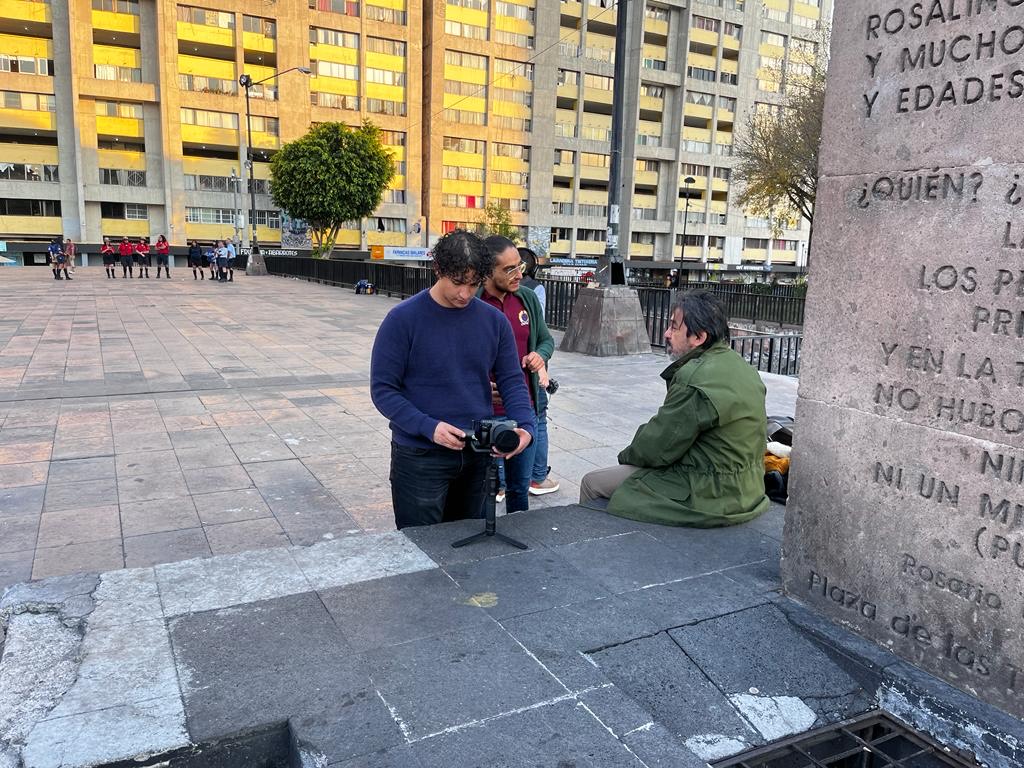
For what group of spectators is your film targeted?
This movie is directed at people who lived during that time, dedicated to those who were part of the movement, but especially aimed at parents who have suffered the loss of a child, showcasing how the suffering can mark them for life.
Why should distributors buy your film?
This event is a historic moment in Mexico, an event that should not be forgotten. Rather than simply buying this film, it should be ensured that it reaches the entire world. This event represents repression and how countries aim to keep their citizens submissive, not allowing people to claim and fight for their rights, and everyone should see that.
How would you specify your work?
What characterizes your film? What characterizes this film is the work of everyone involved, from pre-production to post-production. Making a period film requires extensive research. From the script, I worked on the production design, describing each scene and character to be very much in line with the era. Then, the work to set the atmosphere, all the art design to make everyone on set feel like we were in 1968, aiming to immerse the audience in that moment.
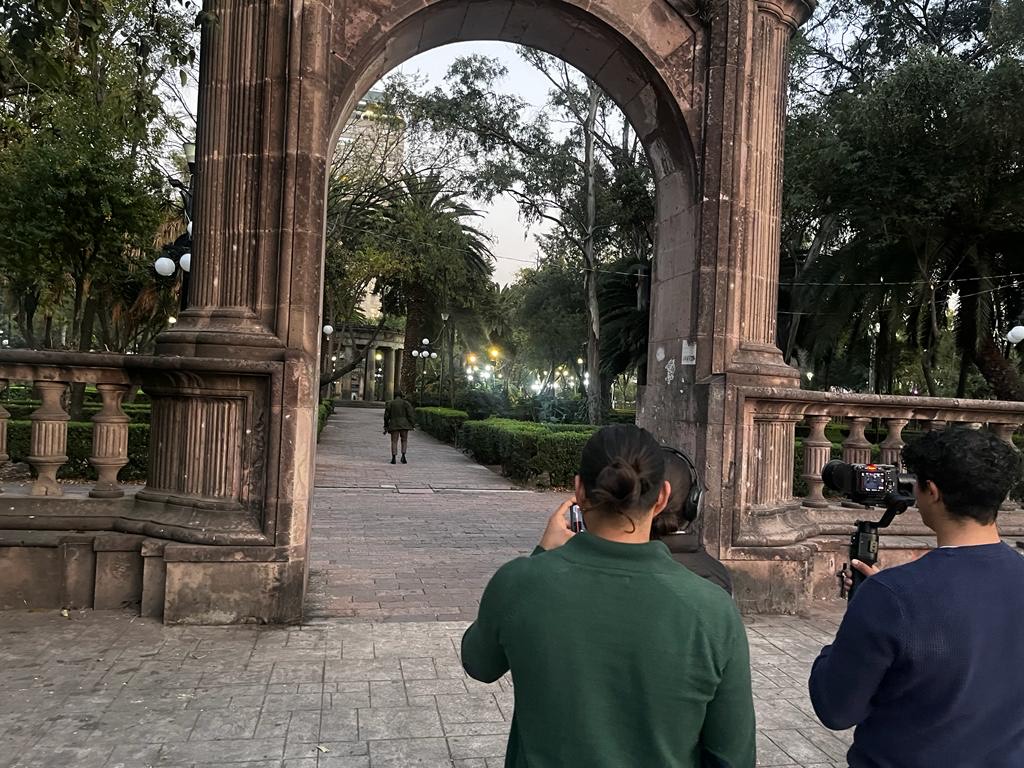
Why did you decide to become a filmmaker?
I decided to become a filmmaker because I have so much to tell the world, and I discovered that cinema is a way to do it. When I'm writing and directing, I feel more alive. Truly, when you do what you're passionate about, you savor every moment, and that's how I feel about cinema.
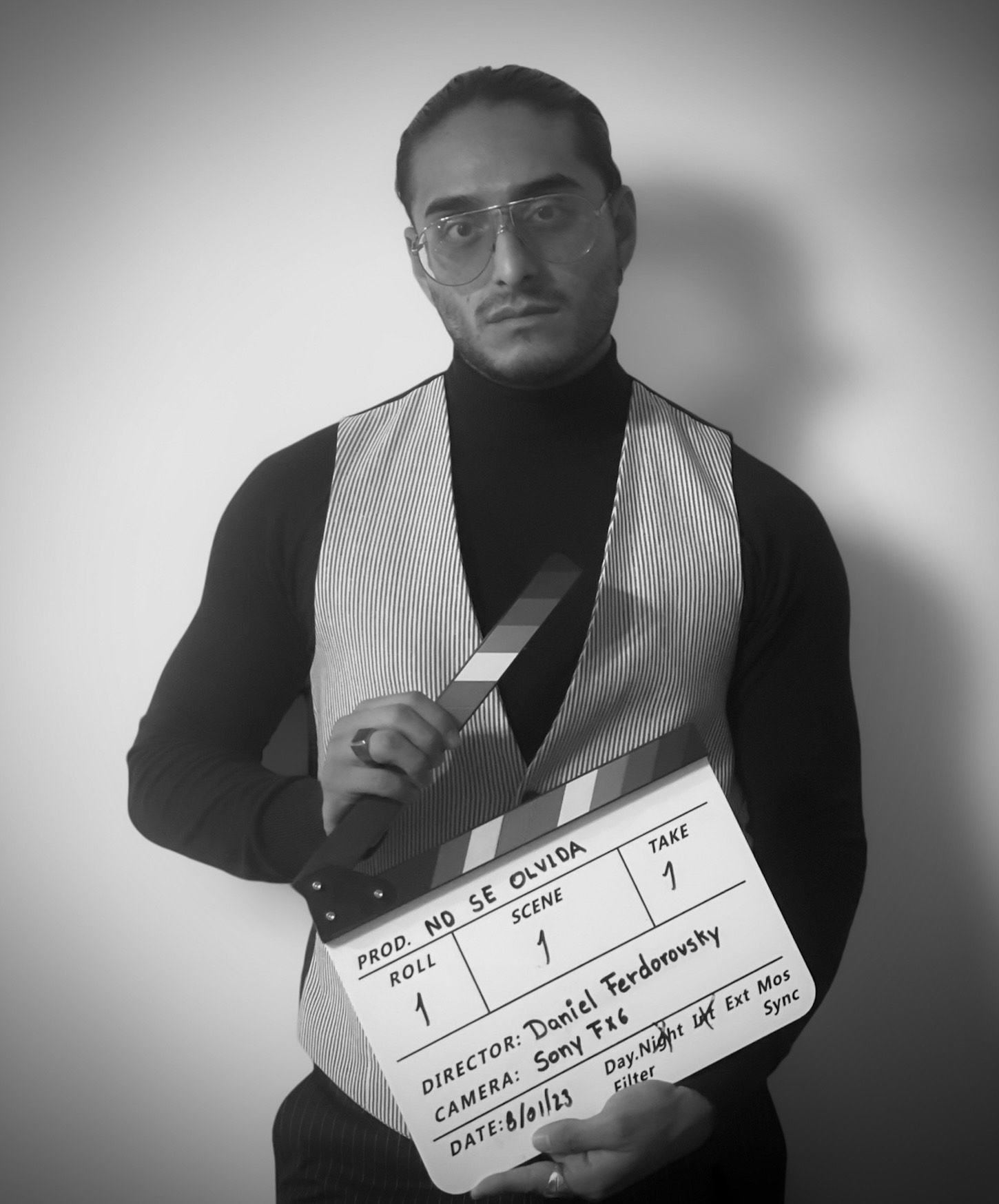
Who is your role model?
I have so many filmmakers whom I admire for their work, and I learn from each one, but one of my favorite filmmakers is Martin Scorsese. I love his directing style, his approach to filmmaking, and he's a director I follow closely.
What are your favorite movies and why?
My favorite movies are "The Pianist" by Roman Polanski, "Goodfellas" by Scorsese, "Inglorious Basterds" by Tarantino, and "The Godfather" by Francis Ford Coppola. I feel these movies resonate with me because they share something in common. I particularly love their scripts, performances, and cinematography.
Where do you look for inspiration for your films?
In the case of "DO NOT FORGET" a movie that helped me a lot and was my source of inspiration is the film "Rojo amanecer," which deals entirely with the Tlatelolco massacre. Whenever I work on a new script, I look for movies related to my story across various platforms; I don't have a specific one.
Which topics interest you the most?
There are various themes that interest me. In the world of cinema, you can tell all kinds of stories, but specifically, what I often explore in my stories are themes revolving around family, power, and death.
What do you consider your greatest achievement in your career?
Up to this point, one of my greatest achievements is my short film "DO NOT FORGET," which has been nominated in several festivals and has even won awards.
What do you consider most important about filming?
During filming, I consider it crucial to stick to the shooting plan. From pre-production, having excellent planning is crucial to avoid unexpected issues and have alternatives available because not everything goes as planned during a shoot. As a director, it's essential to have a clear vision of what you want so that the entire team knows what to do and can enjoy the filming process.
What film technique of shooting do you consider the best?
I like to apply many cinematographic techniques. There are various ways to tell a story, but it depends on the story you want to convey. For more dramatic scenes, I prefer the shot-by-shot technique. In "DO NOT FORGET" I used this approach for present-day scenes, while for flashbacks, I utilized the technique of long continuous shots. I'd say there isn't a single best technique, but rather what works best for your film and directing style determines the most effective technique for the shoot.
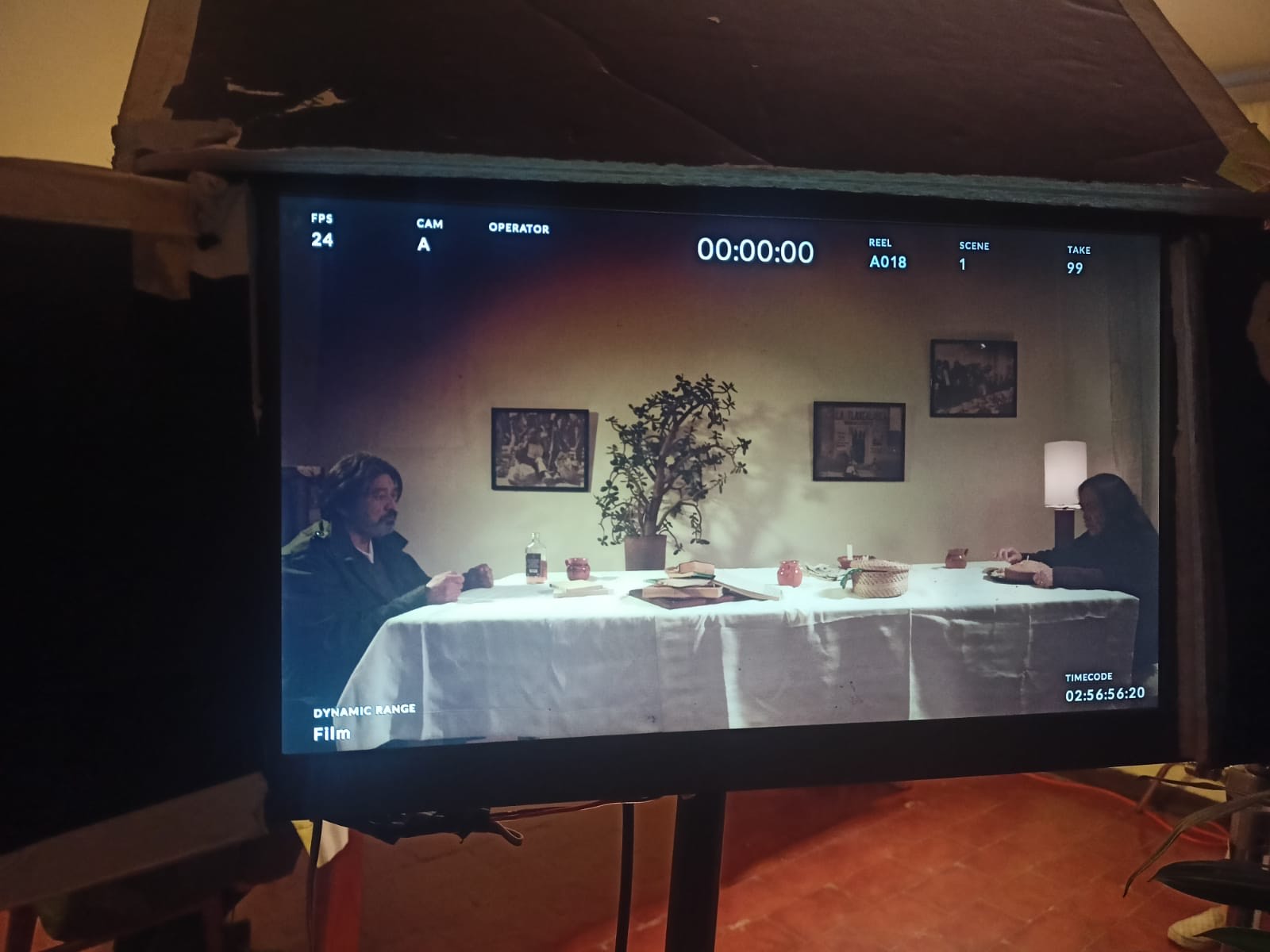
How would you rate/What is your opinion about current filmmaking?
I would rate today's cinema as a medium that strives to be original. While there are numerous movies that have marked the history of cinema, contemporary films continue to explore new grounds. Current cinema aims to be more original, striving for excellence to leave a mark in the history of film. Something I appreciate about present-day cinema is how much can be achieved with minimal resources, thanks to technology, and I believe all filmmakers should leverage this.
What can disappoint you in a movie?
One of the most disappointing aspects of a movie for me is a weak script. A film's success often hinges on the strength of its script; without a good script, there's no compelling story.
Who supports you in your film career?
My parents have been my main supporters since I decided to pursue filmmaking. They inspire me, and I owe them for all their support. Everything I do, I dedicate to them.
What are the reactions to your film? (opinions from spectators, film critics, friends, and family)
The reactions to my film have been quite diverse. Most of my friends and family have described it as an emotional film; my friends have commented on its powerful storytelling, and film critics have noted its universal themes and psychological depth in portraying how the protagonists cope with grief.
Have you already visited any of the prestigious film festivals?
I haven't had the opportunity to attend any festivals yet, but I hope to attend one soon as a nominee.
What are your future plans in filmmaking Carriere?
I have numerous plans as a filmmaker and many stories to tell. In the immediate future, I have two projects lined up: a stop-motion short film and a fictionalized documentary about Mexican wrestling, which I'll begin filming in February 2024.
